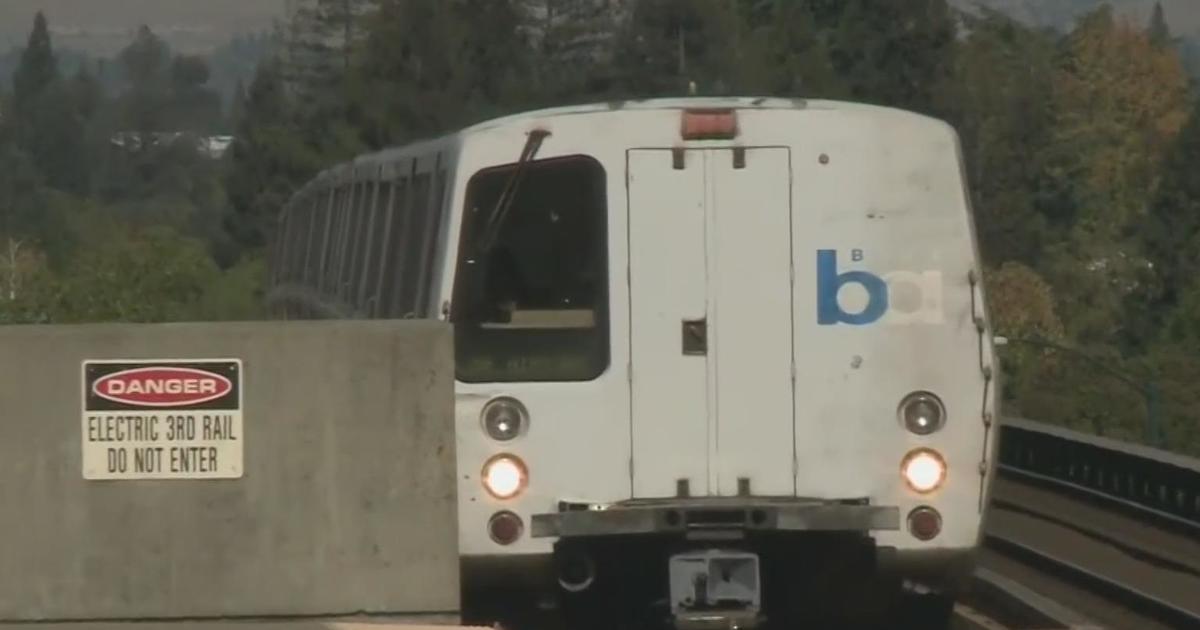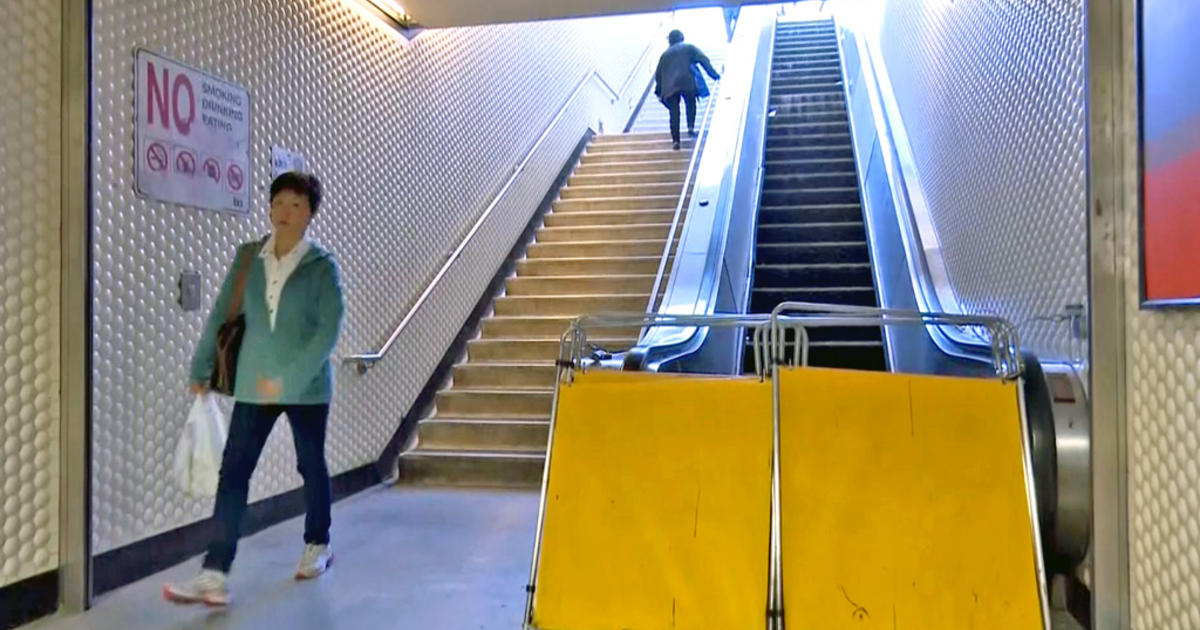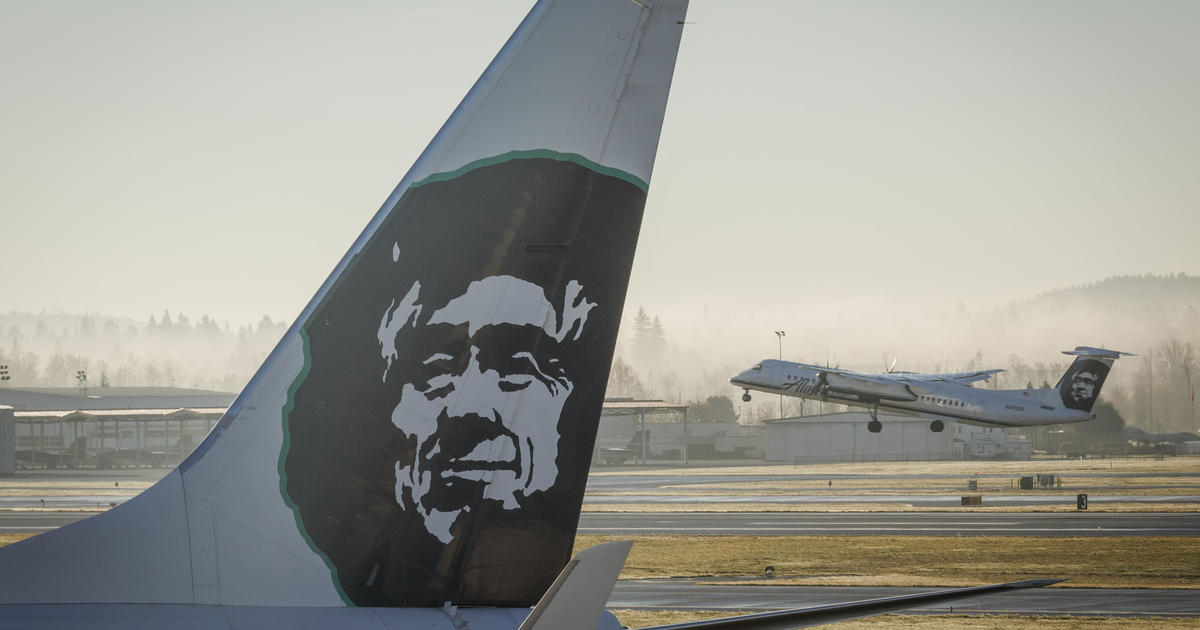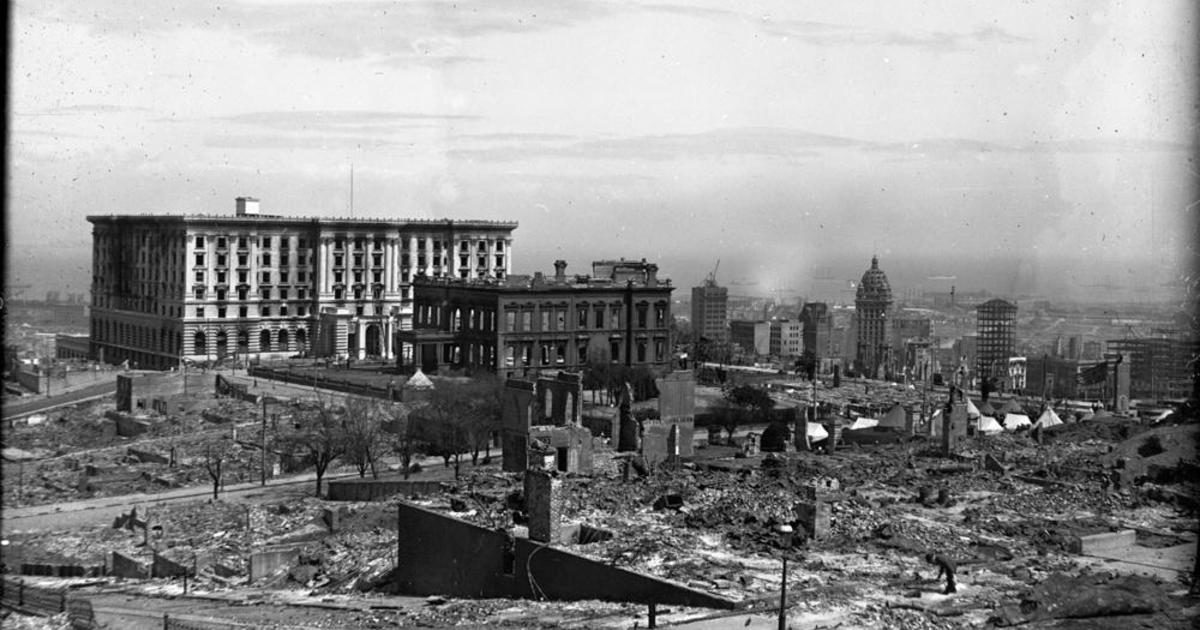Seismic Work Will Cause Delays On Overnight BART Transbay Service
OAKLAND (CBS SF) - Starting Tuesday night, BART passengers who travel through the transbay tube after 10 p.m. on Tuesdays, Wednesdays and Thursdays will face delays of up to 20 minutes because of earthquake safety work, a transit agency spokeswoman said.
Molly McArthur, spokeswoman for BART's $1.2 billion earthquake safety project, said seismic safety work on the tube has entered an important new phase in which workers will need more time than the three hours they normally get in the period during which the transit system is shut down in the early morning hours.
"We regret that we're inconveniencing evening riders, but we want to make sure that our system is strong enough to survive the large earthquakes that are coming our way," McArthur said.
She said the delays in transbay tube service will continue for 14 months on the three weekday nights.
BART chose those nights because there are fewer people riding its trains after 10 p.m., McArthur said.
The transit agency's earthquake safety program, which is largely funded by a 2004 bond measure, began in 2005 and is expected to be complete by 2018.
In addition to strengthening the transbay tube, which is a major priority, the program is improving 34 stations, and 22 miles of elevated track, including 1,918 support columns, parking structures and other facilities.
BART Seismic Work Will Cause Delays in Transbay Service Some Nights
McArthur said the new phase of work on the tube calls for a custom-built truck with cranes attached to roll onto BART tracks inside the tube and hoist into place steel plates weighing four tons each.
The steel plates will shore up sections of the tube where BART has identified that reinforcements are needed, due to underground conditions and the predicted sideways movement that would be expected in a large quake, she said.
After 10 p.m. on Tuesday, Wednesday and Thursday nights BART will single-track trains through the tube so that the work can take place safely, McArthur said.
Because trains will go through the tube less often than normal during those hours, BART will use 10-car trains at those times, the longest possible, McArthur said.
She said it will be a race against time to get the night's work done and all the equipment out before service starts, when both bores of the tube will be needed for the morning commute.
McArthur said when the BART system was built more than 40 years ago the transit agency made seismic safety a priority for the entire system, and especially the transbay tube, but she said she system must be retrofitted because earthquake safety standards have increased greatly since then.
She said the details of the transbay tube work are subject to change and riders can keep track of the work by reading passenger bulletins or signing up for BART service advisories on the transit agency's website.
(Copyright 2013 by CBS San Francisco and Bay City News Service. All Rights Reserved. This material may not be published, broadcast, rewritten, or redistributed.)



